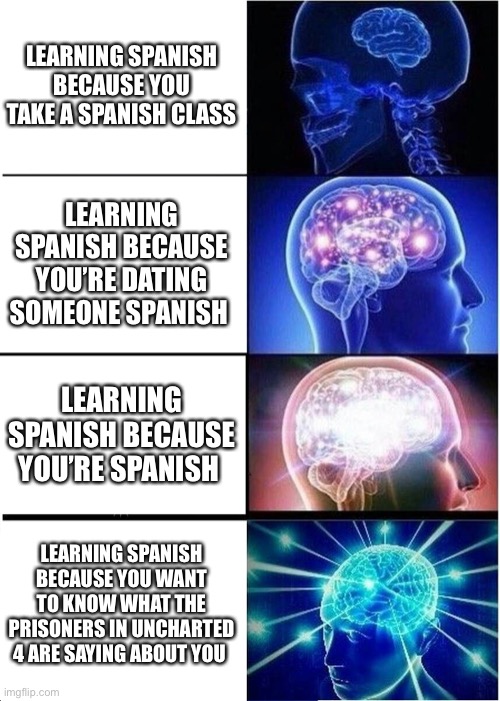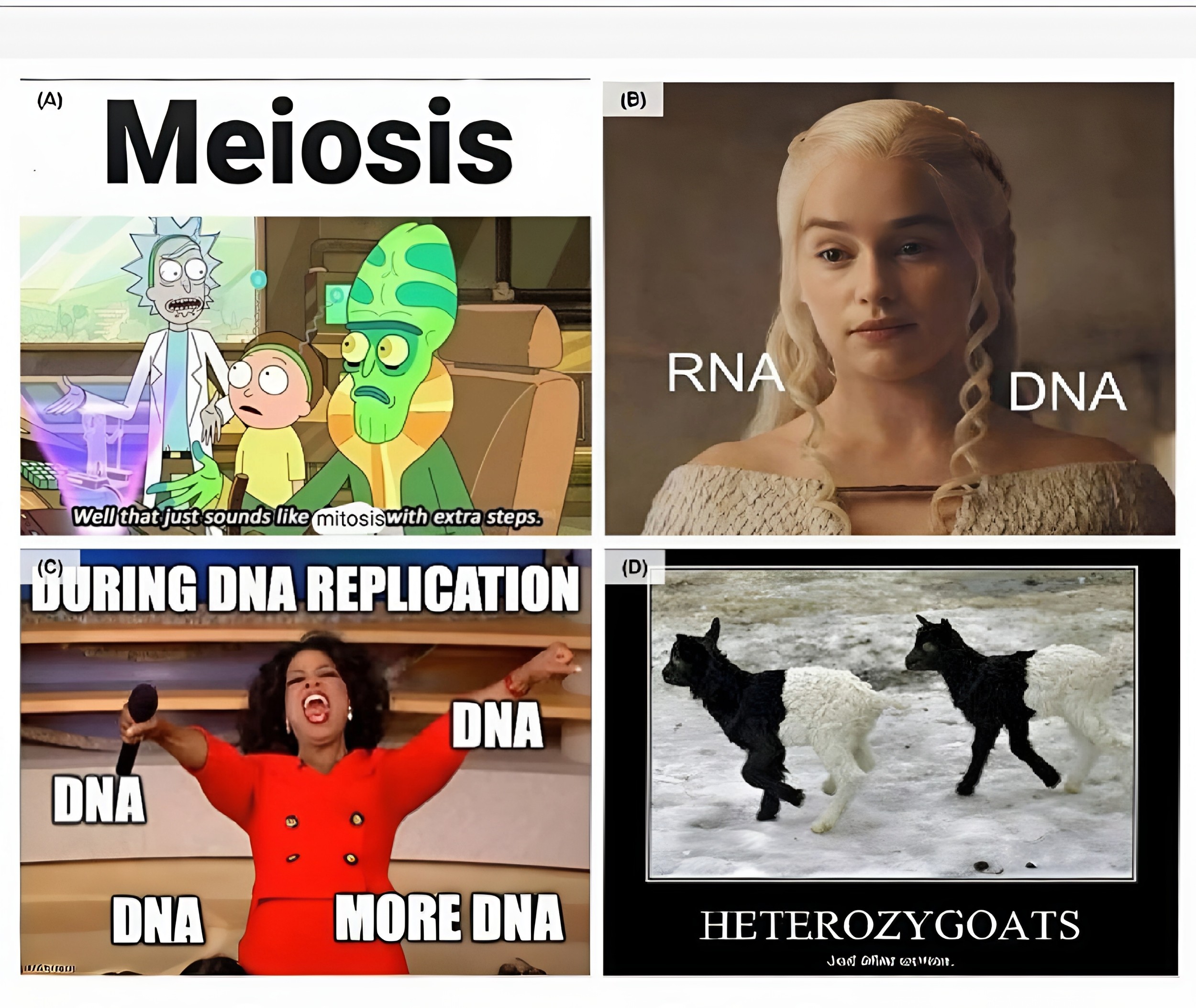Creating Relatable Memes About Brain Retraining Academy Learning
When it comes to brain retraining academy learning, the process can be both empowering and overwhelming. Whether you’re working through new techniques to improve focus, memory, or emotional regulation, it’s easy to find yourself facing moments of frustration. Enter the power of memes — a perfect blend of humor and relatability that makes even the toughest learning challenges a little more bearable.
What Is Brain Retraining and Why It Needs Memes
Before diving into the meme world, it’s essential to understand what brain retraining really is. Essentially, brain retraining involves teaching your brain to break old habits and create new pathways that promote healthier thinking, better focus, and improved cognitive function. Techniques used in these programs can range from mindfulness exercises to cognitive behavioral therapy (CBT) and neurofeedback.
While brain retraining is a powerful tool, it’s not without its challenges. These programs can be mentally exhausting, often requiring significant time, effort, and emotional energy to see results. That’s where humor, and more specifically, memes, come in to save the day. A well-timed meme can offer a moment of relief, spark motivation, and foster a sense of community among those going through the same struggles.
The Role of Memes in Learning and Motivation
Humor is more than just a way to laugh through difficulties — it’s also a highly effective learning tool. Studies have shown that laughter and humor can improve mood, reduce stress, and even boost cognitive performance. When used in the context of brain retraining academy learning, memes provide a unique way to engage the brain and maintain motivation, especially during tough times.
Memes, as brief and lighthearted as they are, create shared experiences. They allow learners to laugh at their struggles, making the process of overcoming cognitive challenges feel less isolating. By using humor, individuals can find relief from stress, increase their resilience, and foster a more positive attitude toward the retraining process. In short, memes humanize the learning experience, making it easier to cope with setbacks and celebrate small victories.
7 Memes That Perfectly Capture the Brain Retraining Experience
Now that we know why memes are so essential, let’s dive into some brain retraining memes that perfectly capture the highs and lows of the learning journey. These memes not only bring humor but also offer a reflection of the real challenges faced during brain retraining. Here are seven meme ideas that you’ll likely relate to:
Before and After Brain Retraining

- Before: A frazzled person surrounded by sticky notes, coffee cups, and open books. The caption reads: “Me trying to remember what I just read.” This meme perfectly captures the confusion and overload that many learners feel when they start their brain retraining journey.
- After: A calm, smiling person with a glowing brain illustration. The caption says: “Me after learning how to actually use my brain!” This is the light at the end of the tunnel — the transformation that brain retraining aims for, where you feel empowered and in control of your mind.
Expectation vs. Reality in Brain Retraining

- Expectation: An image of someone meditating peacefully in a serene environment with a glowing brain. The caption reads: “How I thought brain retraining would go.” Many people enter brain retraining programs expecting it to be smooth and quick, but the reality is often more challenging.
- Reality: The image of someone falling asleep on their textbook. The caption says: “How it actually goes after 10 minutes.” This meme humorously captures the struggle many people face in staying engaged, especially when the techniques seem slow or exhausting.
Brain Loading Meme

This meme is a humorous take on the feeling of being on the brink of understanding a new concept, but needing just a little more time for your brain to fully process it. The image shows a brain with a loading bar stuck at 99%, symbolizing the frustrating yet relatable moment when you’re close but still not quite there. It’s a perfect metaphor for those times when you feel like your brain needs a quick reboot.
Group Project Meme

- Caption: “Brain retraining group projects: There’s always that one overachiever.” This meme humorously references the dynamics of group work in learning environments. Just like in traditional school group projects, brain retraining often feels like one person is doing all the work while others lag behind.
The Motivation Meme
- Caption: “Me: I’m going to retrain my brain and change my life! Also me, 5 minutes later:” accompanied by an image of a tired, cat lying on a pile of books. This meme pokes fun at the common challenge of staying motivated, especially when the process feels like it’s taking longer than expected.
Progress Tracker Meme
- Caption: “My progress in brain retraining: Slow and steady… emphasis on slow.” This meme highlights the reality that brain retraining is often a slow process. Progress can feel minimal, but every step forward is worth celebrating.
The “Aha Moment” Meme
- Caption: “That moment when the brain retraining technique finally clicks!” This meme captures that victorious moment when you suddenly “get it” and all your hard work starts to pay off. It’s the brain retraining equivalent of the lightbulb turning on.
How Memes Help Build Community in a Brain Retraining Academy
While each of these memes brings humor, they also serve a deeper purpose: they build a sense of community. In any learning environment, especially one as challenging as brain retraining, it’s easy to feel alone in the struggle. Memes provide a light-hearted way to connect with others who are going through the same process. They create shared experiences, fostering a sense of belonging and mutual support. This sense of community can make all the difference in staying motivated and resilient through the brain retraining journey.
Tips for Creating Your Own Brain Retraining Memes
Ready to create your own memes? Here are some tips to get you started:
- Capture the essence of the struggle: Think about the challenges you face in your brain retraining program. Whether it’s the frustration of trying to concentrate or the joy of learning something new, memes are a great way to express these experiences.
- Use relatable humor: Memes work because they capture universal feelings and frustrations. Make sure your meme resonates with others who are on the same journey.
- Keep it simple: A meme doesn’t have to be complicated. A simple image with a funny or relatable caption often works best.
With these tips, you’ll be able to create memes that not only make you laugh but also help others feel seen and understood in their brain retraining journeys.
How Memes Help Build Community in a Brain Retraining Academy
One of the most powerful aspects of using brain retraining memes is their ability to foster a sense of community. In environments that challenge individuals mentally, such as a brain retraining academy, it’s easy for participants to feel isolated. Whether it’s the confusion, frustration, or exhaustion from new techniques, the process can sometimes seem like a solo endeavor. However, humor helps to break down these walls. Memes allow participants to share common experiences, turning personal struggles into a collective narrative.
When learners see others posting memes about the same hurdles they’re facing, it reassures them that they’re not alone. This shared sense of struggle creates solidarity, making it easier to keep pushing forward. The community of support that forms through humor becomes just as important as the cognitive breakthroughs themselves. Everyone gets to laugh together, learn together, and grow together.
In addition, memes can be a gateway to meaningful conversations. They can spark discussions on how to approach particular challenges or offer tips on overcoming common brain retraining obstacles. This organic sharing of experiences through humor deepens connections, helps build trust, and promotes engagement within the community.
Tips for Creating Your Own Brain Retraining Memes
If you’re ready to dive into meme creation, here are some tips to get you started. These tips will ensure your memes resonate with others who are going through similar brain retraining experiences:
- Be Relatable: The best memes come from shared experiences. Think about the specific challenges that you or others face in brain retraining. Whether it’s the mental fog, the frustration of forgetting, or the joy of breakthrough moments, your meme should speak to those feelings.
- Keep It Simple: Memes don’t need to be complex. In fact, simplicity is often key. A short caption paired with a single image can deliver more impact than a long-winded joke. The best memes are instantly understandable and easy to share.
- Use Humor to Empower: While humor often highlights struggles, it should ultimately empower. Aim to make your memes encouraging or uplifting. Laughter during challenging times helps people feel more in control and capable of overcoming difficulties.
- Leverage Visuals: Memes are visual, and the right image is crucial. Choose images that visually match the emotion or situation you’re trying to convey. Whether it’s a tired person, a glowing brain, or an amusing facial expression, visuals amplify the message of the meme.
- Know Your Audience: If you’re creating memes for your academy, tailor them to your audience’s experiences. Understand what your peers are going through — whether it’s the grind of neurofeedback, mindfulness training, or the emotional toll of cognitive shifts — and use humor to reflect these moments.
Once you’ve created your meme, you can share it with others in your brain retraining community. Platforms like Instagram, Facebook, or meme generators like Meme Generator or Canva are great places to start.
External Resources for Meme Creation
While creating memes is fun, using the right tools can enhance your results. Here are a few resources that can help you design the perfect meme:
- Canva — Canva’s free meme-making tool allows you to create professional-looking memes with ease. It comes with pre-designed templates and is great for those looking to add their own touch to a meme.
- Meme Generator — A simple tool to create memes from popular templates. It’s perfect for quick, no-fuss meme creation.
- Imgflip — Another popular meme generator that offers both templates and custom meme creation. Imgflip also allows users to upload their own images to create personalized memes.
Conclusion: Embracing Humor in Brain Retraining
The road to cognitive transformation through brain retraining is not an easy one, but it doesn’t have to be devoid of humor. Memes offer a unique and fun way to cope with the challenges of brain retraining while simultaneously building community. They turn frustration into laughter, isolation into shared experience, and struggle into a collective narrative of progress.
By incorporating humor into your learning journey, you can shift your mindset, build resilience, and feel more connected to others on a similar path. So, the next time you find yourself struggling with a brain retraining exercise, take a moment to create or enjoy a meme that captures the essence of the experience — because laughter really is one of the best ways to break through cognitive barriers.
FAQs About Brain Retraining and Memes
What is brain retraining?
Brain retraining is a process where individuals practice techniques to alter their cognitive patterns, overcome old habits, and strengthen mental health. This can involve practices like neurofeedback, mindfulness, and cognitive behavioral therapy (CBT) to retrain the brain for improved performance.
Why are memes effective in a brain retraining academy?
Memes serve as a way to lighten the emotional load that comes with challenging tasks. They create a shared sense of experience, bring humor to frustration, and help build a supportive community of learners. Memes also offer quick, relatable reflections of the struggles and victories that come with brain retraining.
Can memes actually improve motivation in brain retraining?
Yes! Humor can reduce stress, improve mood, and increase motivation. When learners see others facing similar struggles, it helps them feel less alone and more empowered to push through difficulties. Memes also act as a reminder that progress is being made, even if it feels slow at times.
Where can I find more memes about brain retraining?
There are numerous social media groups and platforms where individuals share memes about brain retraining. Consider joining Facebook groups, Reddit communities, or even following Instagram accounts dedicated to brain health and wellness. Platforms like Reddit’s Neurofeedback community often have threads dedicated to the humorous side of cognitive challenges.
How do I create my own memes for brain retraining?
To create your own memes, consider using tools like Meme Generator or Canva. Simply select an image that represents a common struggle or breakthrough moment in brain retraining, add a catchy caption, and share it with your community. You can also draw inspiration from the memes featured in this article!
